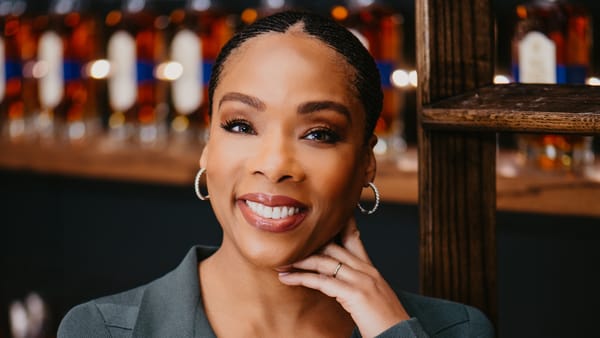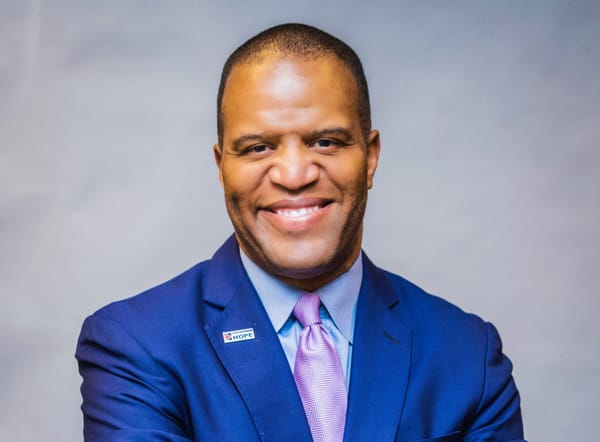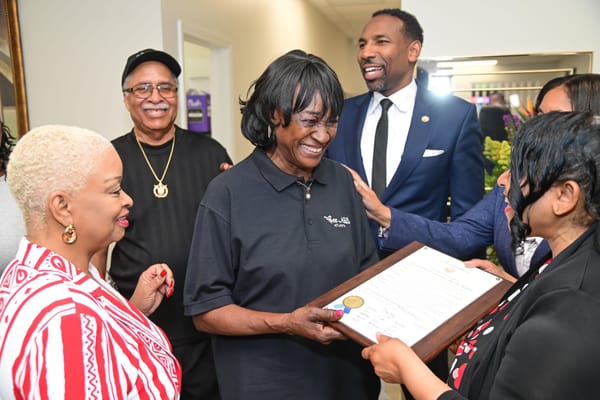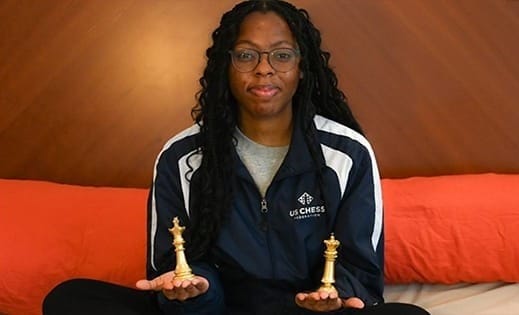The Unexpected Power of Curiosity: The Leadership Skill That Changes Everything

In rooms where voices rise and stakes are high, one power often gets overlooked. It’s not charisma. It’s not credentials. It’s not who talks the loudest.
It’s curiosity—the choice to slow down, to ask, and to listen.
In a world quick to choose sides and cling to certainty, this deeper kind of listening becomes an act of strength. It’s the kind of power our grandmothers used when they leaned in, folded their arms, and said, “Now help me understand…” before anyone else in the room could speak sense into a situation. It’s the kind of leadership that doesn’t need a spotlight, but always moves the room.
1. When You Let Go of “Being Right,” You Open the Door to What’s Real
We’ve been taught to stand our ground, to be sure, to show up sharp. And sometimes, that gets mistaken for always having the answer.
But there’s a shift that happens when we move from defending our point to exploring the whole picture. A leader in a policy meeting once asked, “What are you most worried about if we go this route?” That single question unlocked truth that statistics had missed. In that pause—something changed. The room softened. Possibilities opened.
2. Leading Doesn’t Mean Knowing Everything
There’s an old saying: "You can't pour from an empty cup.” But many of us were raised to believe that if you're leading, you better show up full—of answers, confidence, and certainty.
One executive found herself stuck in that mindset. “If I admit I don’t know something, won’t people think I’m not qualified?” she asked. But when she dared to ask questions instead of provide declarations, her team responded not with judgment—but with trust, creativity, and ownership.
Turns out, asking good questions doesn’t weaken your leadership. It deepens it.
3. Ask the Right Questions, Not Just the Quick Ones
In tense conversations, it’s easy to react. But the most impactful leaders don’t raise their voice—they raise the level of conversation.
They know how to ask questions that invite truth, not just talk. We use the CADS framework—four questions rooted in what drives every position people hold:
- Concerns: What are you holding that I haven’t heard yet?
- Authority: Are there unspoken power dynamics in the room?
- Desires: What outcome do you really want to see?
- Standards: What values or principles are guiding you?
These questions aren’t tricks. They’re tools for seeing people—not just positions.
4. Curiosity Isn’t a Weakness. It’s a Discipline.
Pausing when your pride wants to speak. Listening when your ego wants to win. That’s grown-folks strength.
One parent told us how this showed up in real life. Instead of launching into a lecture when her teenage daughter came home late, she sat down and said, “Walk me through what was going through your mind.” What followed wasn’t just a better conversation—it was a turning point in their trust.
Sometimes curiosity doesn’t just change the situation. It changes the relationship.
5. Curiosity Is Contagious
Culture is shaped by what gets repeated. One leader’s decision to ask instead of assume started a chain reaction—team members began engaging differently. People felt heard, so they started to speak more honestly. Ideas flowed. Tension dropped.
One CEO told us, “I stopped asking, ‘What’s the outcome?’ and started asking, ‘What are you learning?’ That one shift gave my team permission to grow in public, not just perform in private.”
That’s what leadership looks like when it’s rooted in trust, not ego.
6. When You Lead with Curiosity, You Lead with Care
This isn’t about performing kindness—it’s about practicing it. Curiosity isn’t soft. It’s strategic. It builds bridges where pride would build walls. It lets people know, “I see you, I hear you, and I’m open to what you bring.”
And when people feel that? They bring their full selves. They solve problems. They own the mission. They build something better—together.
Final Word: The Power in the Pause
When you pause to ask, to listen, and to learn, you model a leadership that doesn’t have to shout to be heard. It’s rooted. It’s wise. And it works.
In a world that tells us to perform, produce, and posture—curiosity invites us to remember: Real leadership listens first.




